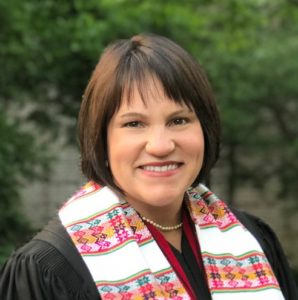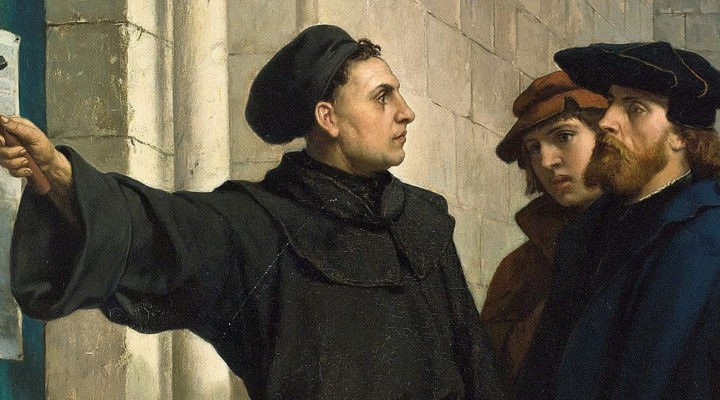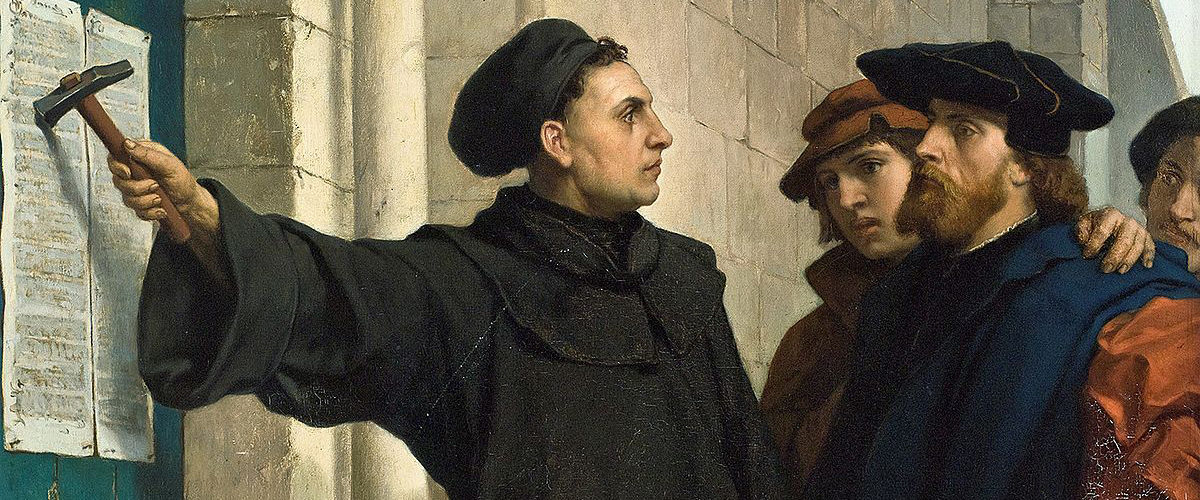“Go to seminary, but don’t let them teach you anything.”
That’s what I remember from my conversation with my beloved Southern Baptist pastor when, about to graduate from college, I told him I was heading to seminary. I don’t remember his exact verbiage. I do remember his look of shock and concern. Looking back on the conversation, I’m not sure if his disgust was the thought of a woman attending seminary or the idea of seminary altogether.

Rhonda Abbott Blevins
“Go to seminary, but don’t let them teach you anything.”
Thirty years later I find myself shocked, concerned and disgusted at the lack of regard for science in the politicized debate over how to handle the pandemic. An influential segment of the population scoffs at climate change even as scientists continue to sound alarm bells. And then there are the anti-vaxxers. Don’t even get me started on the anti-vaxxers.
Where did we go wrong? Why is good science ignored or even repudiated in our country? Why are experts — people trained by some of the best universities in the world — continually dismissed? Where did this hostility toward expertise originate? When did so many Americans begin to pride ourselves in ignorance?
I have a theory: the death of expertise began on Oct. 31, 1519—the day Martin Luther supposedly tacked his “95 Theses” on the Wittenberg door.
Good Protestants, hear me out.
The Protestant Reformation was a rebellion against the Pope and abusive hierarchical practices within the church. Luther and other reformers would propose a “universal priesthood,” the doctrine of the “priesthood of the believer” in which all Christians are “priests.”
In fact, Luther famously said, “A simple layman armed with Scripture is to be believed above a pope or a council without it.” With the printing press less than 80 years old when Luther said this, only about 5% of the population of Germany was literate. What good was the Bible in the hands of an illiterate “simple layman” who could neither read nor interpret the pages of holy writ, but believed him or herself to be a “priest”?
“This time, the problem rests not with an illiterate population, but a population lacking critical thinking skills.”
Across the ocean and half a millennium later, we are roughly 30 years into the internet era. The advent of the world wide web, I believe, will be as transformational for the next 500 years as the printing press was for the previous 500. This time, the problem rests not with an illiterate population, but a population lacking critical thinking skills, susceptible to half-truths, conspiracy theories and downright lies. Our educational system, built for the modern era, has failed to prepare the population at large for postmodernity and certainly not metamodernity. Put simply: We can’t handle the internet.
In the United States, we were born with the “priesthood of the believer” in our DNA. A person reading the internet with an eighth-grade education feels as entitled to his or her opinion about climate change as someone with a Ph.D. in climatology. That is at once the beauty and the challenge of democracy.
Pastors understand this tension well. Clergy with three-plus years of post-graduate education in theology typically minister among a people with far less theological education, but occasionally with opposing beliefs that crumble under the rigors of critical thinking. The doctrine of “priesthood of the believer” seems to point to a requisite equanimity between opposing opinions, even if only one of the opinions is backed by academic study. Protestant ministers have navigated this tension for decades.
While Protestantism may have played a large role in the death of expertise, we are uniquely equipped to help our culture navigate the fallout from that death. We have learned how to work a system that affirms all people while leaning on the expertise available within our churches. Let me explain:
- We give everyone a voice; we do not give everyone a platform. In most of our churches, the people have the right to voice their opinions, to offer criticisms and compliments, to advocate for their preferences or their ideas. But not everyone is invited to preach. Not everyone is invited to teach Sunday school or lead a class or workshop. Everyone gets a voice; not everyone gets a platform.
- We give everyone a vote; we do not give everyone an office. In many Protestant congregations, the people vote on major decisions within the church. Every member gets a vote. But leaders (deacons, elders, church boards) are often selected based on merit. Everyone gets a vote; not everyone gets an office.
- We give everyone value; we do not give everyone identical tasks. A healthy church will value each member for the gifts, skills and talents each possesses. We place people who love kids in children’s ministry, those gifted in finance on the finance team, and those who love to decorate on the altar guild. We recognize expertise within our congregations, and we value those gifts. Those with advanced theological training serve as pastors and ministers. Everyone has value; not everyone becomes a vicar.
In the internet era, anyone can have a platform. Anyone can “hold office” as an “influencer.” Anyone can task themselves to teach, train or equip. With little government regulation, we must self-regulate. We must “vote with our clicks,” giving our attention to those who have earned it through developing expertise, ignoring click-bait and those who spout little more than opinion or sensationalized ideas. Call this “cancel culture” if you will. I prefer to think of it as “credibility culture.” It just might save democracy.
Rhonda Abbott Blevins serves as senior pastor of Chapel by the Sea in Clearwater Beach, Fla., and an associate with Pinnacle Leadership Associates. She earned the doctor of ministry degree from Mercer University’s McAfee School of Theology and previously served as the coordinator of CBF Kentucky. She and her husband, Terry, live with their two sons in Palm Harbor, Fla.
Related articles:
‘The saints have no extra credits’: Reformations then and now | Bill Leonard


